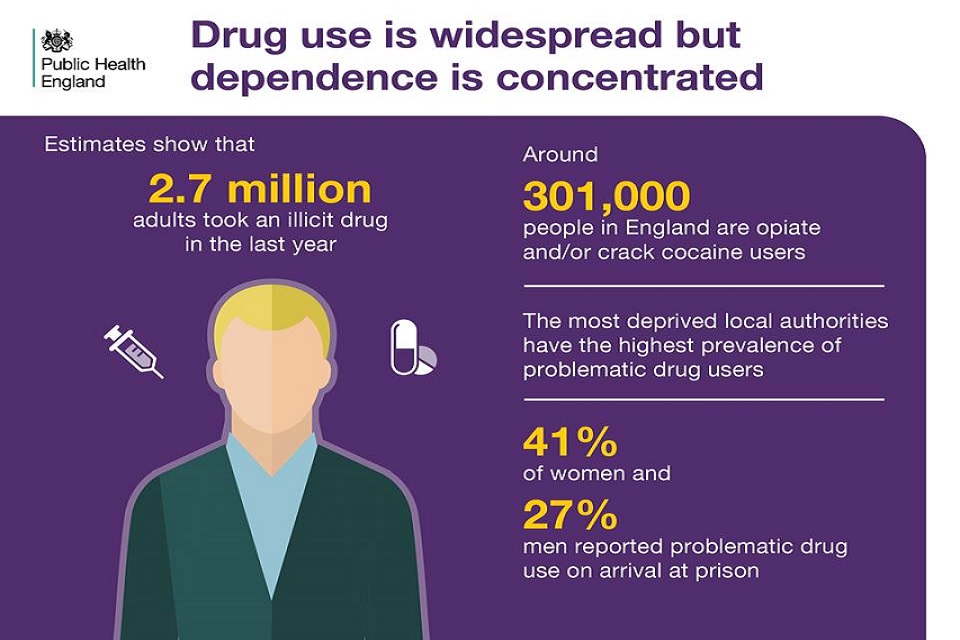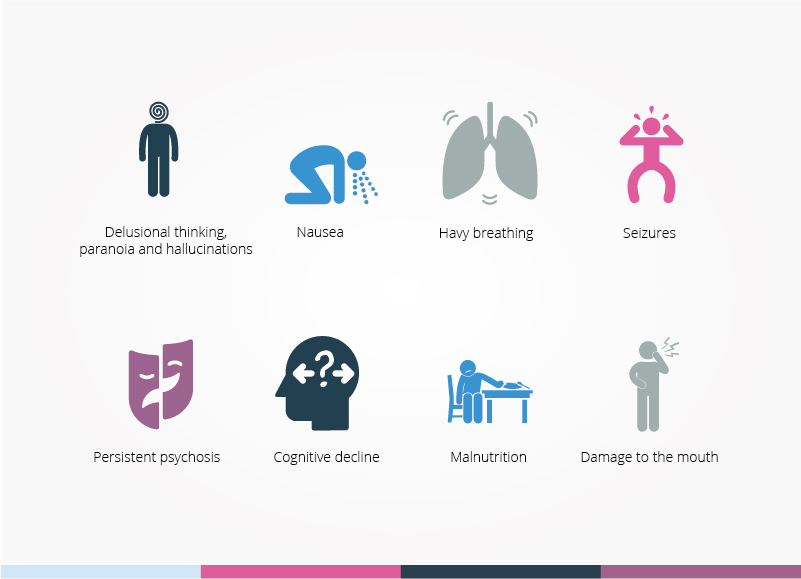So-called "diseases of anguish" compound usage conditions, suicides, and alcohol-related diseasesare significantly pervasive. Every day in the US, more than 130 individuals pass away after overdosing on opioids. Levels of anxiety and depression are perceived to be rising in countries like the United States and UK; on the other hand, opioid-related deaths went beyond auto fatalities in the United States as the leading cause of death in 2017. There's a growing realization that supply is just part of the problem.
In a current BBC survey of 55,000 people, 40% of grownups between 16 and 24 reported sensation lonely typically or really often. According to a Kaiser Household Structure study of abundant countries in 2018, 9% of grownups in Japan, 22% in America, and 23% in Britain always or frequently felt lonely, lacked companionship, or felt left out or isolated.
" It's not the very same as treatment, but it can be encouraging in such a way that's as effective, if not more so." SeekHealing aims to take embarassment out of healing with an approach that's distinct from 12-step programs focused on achieving and maintaining sobriety. All participants in the program are referred to as applicants.
One-third remain in long-lasting healing - how many addiction treatment centers are there in the us. And one-third have no drug abuse issues, however are seeking connection of some kind. Every activity is complimentary to those in the community, which is presently restricted to simply Asheville. SeekHealingJennifer Nicolaisen (center), founder of SeekHealing. Hunters set their own goals. They do not have to intend to be sober, only to improve their https://live-free-drug-alcohol-detroit.business.site/posts/4071263124457839639 relationship with the compound which is triggering them damage.
Relapse is "going back to patterns one is trying to avoid." The pilot program was released in March 2018. As of 2019, on a budget of $65,000, the group has 200 candidates in the database; over half have actually been "paired," indicating they get together 2 to 3 times a month to talk and construct a mutual relationship (different from therapy, or codependence, which can take place in recovery).
That listening training, a core educational element of the program, intends to undo the transactional method lots of people conversewith an intent to repair, fix, be clever, or respond quickly. Instead, the objective is to in fact listen without judgement. This creates the conditions which enable the types of interactions that flood the brain with natural opioids and make us feel excellent.
The Facts About Who Has The Best Sex Addiction Treatment In The Country Mississippi Revealed
" We are simply being with each other." Aside from listening training, the calendar is loaded with methods of building connection muscles, satisfying individuals, doing things, and knowing (what is evidence based treatment for addiction). There are Sunday meet-ups in West Asheville and connection practice meetings in which facilitators motivate vulnerability and substantive discussion. There are pick-up basketball video games, Reiki workshops, art treatment, and Friday night psychological socials (" no compounds; no small talk")." The entire task is a play ground of various methods to assist people feel linked in this deliberate, non-transactional way," says Nicolaisen.
Seekers report feeling considerably less depressed, and their sense of connection increased by 38%. Amongst 28 emergency situation care seekersthose who are at a high risk of overdosing21 actively engaged with the program (these people were recently detoxed); and 18 of them have succeeded in satisfying their objectives to prevent utilizing compounds.
For context, with heroin, relapse rates are 59% in the first week and 80% in the first month. The goal is not simply to assist people recover, however also neighborhoods. In the United States, which commemorates private accomplishment above everything, more individuals see solitude as a specific problem than their counterparts in the UK or Japan, according to a Kaiser Family Structure study.
Her interest in brain systems is personal: at age seven, she was diagnosed with Tourette syndrome. She was interested in what her brain could control and what it couldn't. What was the distinction between a compulsive activity and an addicting one? What was "typical" and what was "sick"? Her work took her deep into the striatum, a part of the brain linked in uncontrolled motions and compulsive behaviors, however which is also main to the impacts of addiction and social disconnection.


These compounds, the most commonly understood of which are endorphins, have a comparable chemical structure to morphine, heroin, or oxycodone. But they are produced in the brain instead of the lab. A lack of strong social connection interferes with the balance among the brain circuits that use these feel-good chemicals produced by close relationships.
" Likewise, isolation creates an appetite in the brain which neurochemically hyper-sensitizes our benefit system," she says." Loneliness produces a hunger in the brain." Reacting to the discomfort of isolation, which is rampant in society, our brains prompt us to look for benefits anywhere we can discover it. "If we don't have the capability to connect socially, we seek relief anywhere," she says.
What Does What Political Parties Oppose Treatment Of Opioid Addiction Do?
Addiction is a disorder that has biological origins, consisting of alleles that may make it tough to experience the subjective feeling of being linked. It likewise shaped by mental elements, cognitive patterns, and distortions that make depression and anxiety even worse, and by the relationships we have in social environments. Healing requires treatment throughout all 3 classifications.
However the social elements have been fairly disregarded. Wurzman says the medical community sees illness as being located in a person. She sees the signs in individuals, but the illness is likewise between individuals, in the method we connect to each other and the sort of communities we live in.
It can be rewired by reprogramming it with the deep social connections it longed for in the very first place." We need to practice social connective habits instead of compulsive habits," she states. It is insufficient to simply teach healthier responses to cues from the social reward system. We need to reconstruct the social benefit system with mutual relationships to replace the drugs which ease the craving." Our culture and neighborhoods either create environments that are either filled with things that cause addictions to flourish, or filled with things that trigger relationships to prosper," Wurzman says.
He started utilizing drugs when he was 12 or 13. He has used heroin, meth, and coke; overdosed 4 times; and been to jail as soon as. He transferred to South Carolina four years ago to be near his father and wound up on life support. When a pal in rehabilitation recommended SeekHealing, Rob was deeply hesitant.
But he had a conversation with Nicolaisen, who is profoundly warm and radiates an infectious vulnerability, and chose he would offer it a shot." When I came in, I had a great deal of embarassment and guilt for remaining in active dependency for so long," he says. "I didn't know who I was." He challenged his deep-rooted social stress and anxiety by practicing conversations in safe areas with individuals he stated really did not seem to be judging him.
" It causes you not to do things that cause you joy." Now Rob goes to the Sunday meet-ups and volunteers as much as he can to assist others. SeekHealing is just part of his recovery. He has remained in and out of Narcotics Anonymous for many years, and consults with his sponsor every day, keeping in mind, "I require to be held responsible".